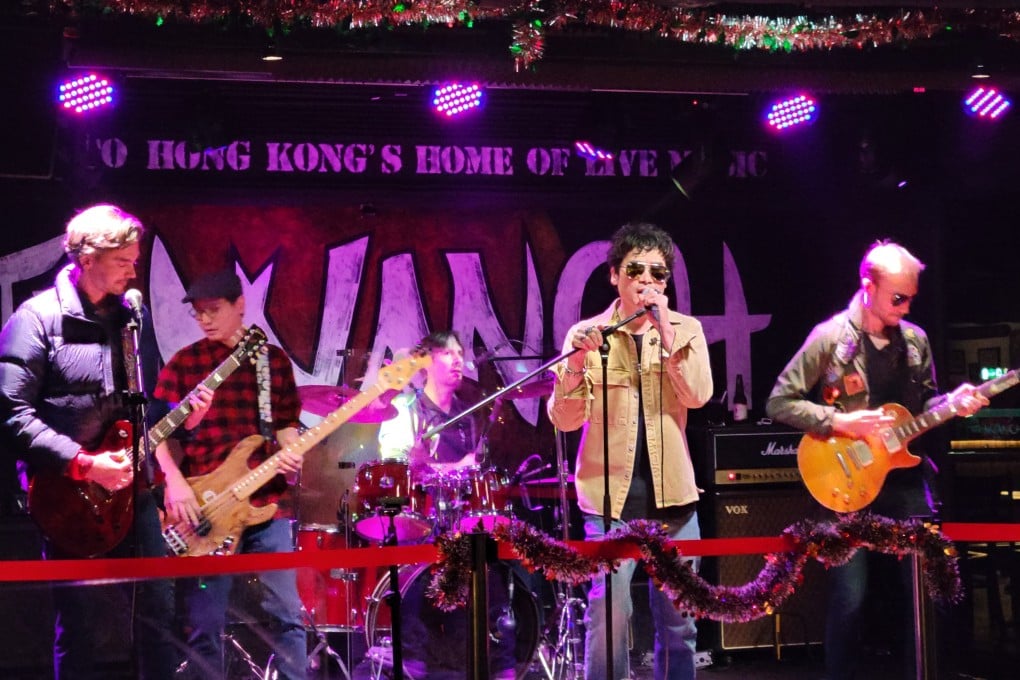Advertisement
How Hong Kong indie bands got creative during the pandemic and are now back and raring to play
- With live music shut down by Covid restrictions, bored musicians starting writing music, jamming together online and starting new bands
- Bands such as Hz, Cirrus and Atomic Bliss used Zoom and WhatsApp to keep in touch and record together, and some released music on YouTube and Spotify
Reading Time:3 minutes
Why you can trust SCMP

March 2020 was the beginning of a difficult year for Brendon Chan, when the Hong Kong-based airline employee was put on indefinite hiatus because of the coronavirus pandemic and flight bans.
Advertisement
“Everything stopped in 2020 for me,” he says.
A guitarist since he was 14, Chan played on and off with different bands in Hong Kong before 2020. An avid musician, it wasn’t the lack of passion that stopped him, rather, it was just – life. But the forced time off during the pandemic inspired him to write music.
“That period really helped me develop my music. Most of the songs I’ve written were done during the pandemic,” says Chan.
Tshun Zi-co, of the musical duo Hz, also took advantage of his time at home to write songs.
Advertisement

Advertisement